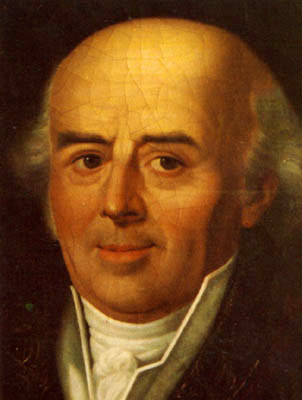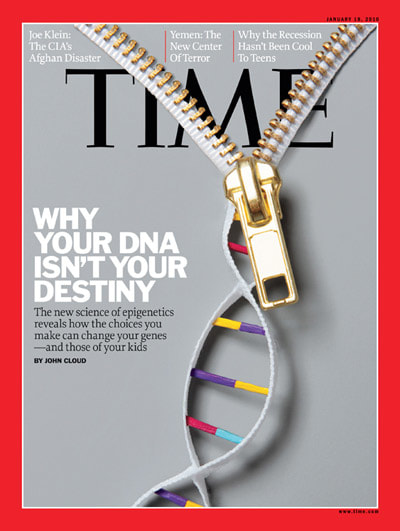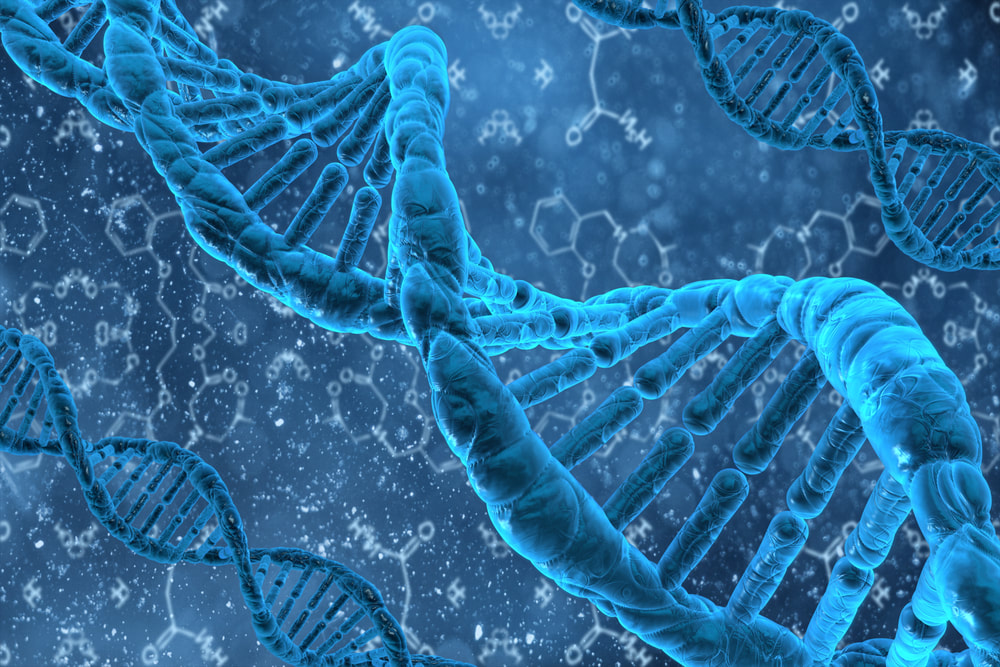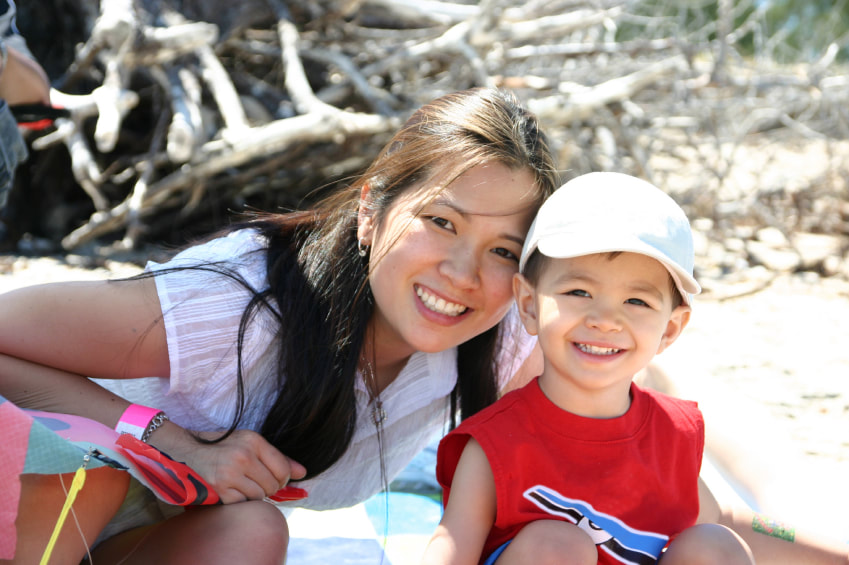- Home
- About
- Fees & Forms
- Homeopathy
-
Health Topics
- Autism
- Reducing the Risk of Autism, ADHD and other Developmental Disorders
- ADHD and Learning Disabilities
- Behavioural Concerns, Anxiety
- Speech and Language Disorders
- Sensory Processing Disorders
- Neurological Disorders
- Immunological Disorders
- Homeopathy and Medication Injuries
- Homeopathy and Vaccine Injuries
- Allergies and Asthma
- Ear Infections
- Adult Care
-
Resources
- Dispensary
- Homeopathy training - autism management and more
- E-books
- Child Development
- Diet and Nutrition
- Spiritual and Energy Healing
- EMF and radiation testing and protection
- Pre- and Perinatal Trauma
- Videos
- Controversies
- Vaccine Controversy
- Vaccine Research and Resources
- Immune System and Vaccines Video Library
- Blogs
- Contact
- Buy Homeopathic Remedies around the World
By Anke Zimmermann, BSc, FCAH Nearly 200 years ago, the founder of Homeopathy, Dr. Samuel Hahnemann, observed that infectious diseases could leave residual symptoms which sometimes were also passed onto future generations without the offspring having contracted the infection. He observed this to be true conditions such as scabies, gonorrhea, tuberculosis and syphilis. He felt that this trans-generational effect manifested in the form of ‘disease predispositions’ which he called ‘miasms’. The effect in the same generation was called an ‘acquired miasm’ in subsequent generations it was referred to as an ‘inherited miasm’. Such miasms could be treated with relevant homeopathic remedies, thereby freeing the affected individual from the predisposition to various chronic diseases. MiasmsThe concept of miasms has remained one of the most controversial propositions of Hahnemann, however, new discoveries in the field of genetics are throwing light on a possible mechanism to explain this theory. Epigenetics is a new branch of genetics which deals with the effect of environmental factors on our gene expression. Not all genes are expressed at all times, a fact which has long fascinated geneticists. Although each of our cells carries identical genetic information, which we inherited from our parents, only certain section of our DNA are active in each cell and only at certain times. Epigenes are markers located around the DNA that control which gene sequences are expressed. These epigenes can effectively be placed or removed by environmental factors, potentially helping an organism or a species to adapt more easily to environmental pressures. It is estimated that for each of our genes there are about 50,000 epigenes present; science is just beginning to scratch the surface. I first came across this most interesting topic while standing in line at the grocery store when the above Time Magazine edition grabbed my attention. You can read the article here. Immediately, the implications for homeopathy and it's potential came to mind. Environment can affect Gene ExpressionWe now know that innumerable factors we are exposed to in our lifetime can affect our genetic expression. This is already well-known in areas such as cancer research, where we know that certain cancer-controlling genes can be activated by specific toxins. But not only that, once the epigenetic switch is flipped and the genetic expression is changed it can be passed on in this altered state for many generations, up to 40 in current animal research. It is not restricted to the animal kingdom, but plants also use these mechanisms to their advantage. For example, some radishes will grow bristles on their leaves if attacked by caterpillars. Their offspring is already born - or rather sprouted - with bristles on their leaves, providing an advantage in caterpillar-infested areas. The science of epigentics is therefore showing strong parallels to Hahnemann's theory of the miasms. The most wonderful thing about epigenetics as well as miasms though, is that since we are dealing with genetic expression rather than actual DNA changes, these expressions are potentially open to being changed if needed. Homeopathic Preparations made from DiseasesHahnemann discovered that homeopathic preparations made from substances that helped to treat diseases such as scabies, syphilis and others were able to help sick children of parents who had suffered from those and other infections. These remedies were made from various natural substances, including plants, mineral and animal substances. Nowadays we also use remedies made from the actual diseases, called nosodes, for similar purposes. To this day, homeopaths around the world pay close attention to family history in order to more precisely determine optimum treatment in each case. A strong family history of cancer or tuberculosis for example may point to a remedy made from those diseases, which may help the patient. Of course we cannot know the exact family history in each case, but amazingly, there are often clues present as to what kinds of conditions may have existed. Through careful observations for over 200 years homeopaths have discovered many disease pictures that are related to ancestral conditions. For example children with allergies, tendencies to respiratory infections and certain behavioural disorders who were born with large heads and unusual amounts of dark hair that may even grow down the back most likely have a family history of tuberculosis and may respond beautifully to a homeopathic remedy called Tuberculinum, which is made from this disease. Family History of Cancer and SyphilisChildren who are unusually responsible for their age, often artistic, sensitive and suffering from insomnia and sometimes born with moles or cafe-au-lait spots may have a known or suspected family history of cancer and often benefit greatly from carcinosin, a homeopathic remedy made from cancerous tissue. Not only physical problems may be caused by infections and other illnesses in previous generations, mental and emotional issues may also be caused. In homeopathic clinical observation it has been found that a family history of syphilis may be linked to obsessive compulsive disorders, deep phobic states, alcoholism and even violence in the offspring. All of this is well documented in the homeopathic literature and I have certainly seen many cases like this over the years. A lifetime of anxiety may be relieved by a few doses of homeopathic syphilis, a disease which can totally destroy the nervous system. Although the idea of using disease preparations may at first glance not seem appealing, on closer inspection it makes sense and may open the doors to many new therapeutic interventions in the future, especially for children. As the children are treated and their genetic expression normalized, the new, more balanced expression will help to prevent disease not only in their lives but also in future generations. Interestingly the above not only applies to physical health problems linked to infections in ancestors but also to inherited traumas such as childhood trauma, cultural disenfranchment as in aboriginal populations and the horrors of war and abuse. A most wonderful concept indeed that could have profound implications for health care, with the potential to free human beings from imprints of past generations that no longer serve them to live fulfilling, healthy lives with great passion and purpose. Anke Zimmermann, BSc, FCAH, Classical and Modern Homeopathy Questions? Please feel free to inquire. I offer a 15-minute free consultation. Call 250-590-5828 or book online.You may also like:
0 Comments
Your comment will be posted after it is approved.
Leave a Reply. |
|
Serving Families with Integrity and Compassion Since 1991
|
Anke Zimmermann, BSc, FCAH
Classical and Modern Homeopathy Sooke, BC, Canada |
Serving families in Sooke, Metchosin, Langford, Colwood, Victoria, Greater Vancouver Island, BC, as well as internationally via zoom/telehealth.
|
Telephone778-352-0806
|
Hours:Tuesday, Wednesday and Friday from 10-6 and alternating Saturdays from 10-4
|
Disclaimer: Information on this web site is provided for informational purposes only. This information is not intended as a substitute for the advice provided by your physician or other healthcare professional. Do not use the information on this website for diagnosing or treating a health problem or disease, or prescribing medication or other treatment. Always speak with your physician or other healthcare professional before taking any medication or nutritional, herbal or homeopathic supplement, or using any treatment for a health problem. If you have or suspect that you have a medical problem, contact your health care provider promptly. Do not disregard professional medical advice or delay in seeking professional advice because of something you have read on this website. Information provided on this website and the use of any products or services purchased from our website by you does not create a practitioner-patient relationship between you and Anke Zimmermann, Information and statements regarding dietary supplements or homeopathic remedies have not been evaluated by the Food and Drug Administration and are not intended to diagnose, treat, cure, or prevent any disease. Information on this website is not intended to advise against any medical treatment, including, but not limited to, medications, surgery and vaccinations.




 RSS Feed
RSS Feed